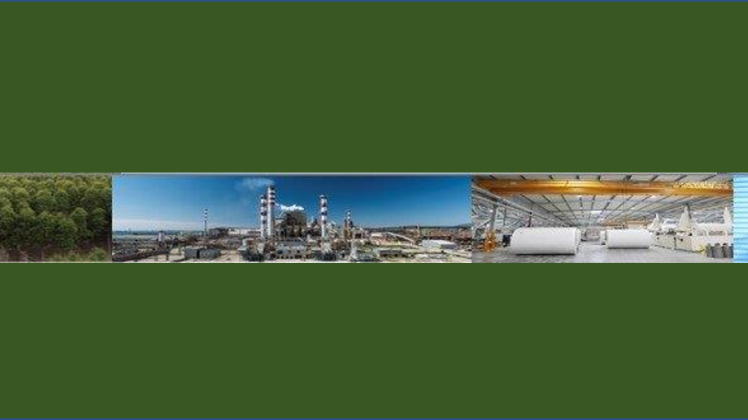About
Completed
| Black liquor is a pulp mill effluent from wood cooking with a solid content of 15-18 wt.%, which is mostly lignin. The present study focuses the electrolysis of black liquor for energy recovery. The process has several economic and environmental advantages, as it simultaneously generates a clean fuel (hydrogen) at the cathode and a precipitated material with economic value (lignin) at the anode surface. Platinum, nickel, and AISI 304 stainless steel bulk electrodes are tested for black liquor electrolysis, both as anodes and as cathodes.Voltammetric methods are used to study the lignin oxidation in the black liquor at room temperature, allowing the calculation of kinetic parameters such as the charge transfer coefficient and the number of exchanged electrons. The hydrogen evolution reaction in the black liquor is also evaluated.A small-scale laboratory black liquor electrolyzer using Ni plates is assembled and its operation parameters are evaluated. wastewater treatment sludges from the pulp industry for further processing in Liquid Biofuels. |
Keywords
Circular economy
Eco-innovative materials
Engineering
Processes and Systems Modelling
Resources and Raw Materials
Reuse, Reduce and Recycle
Start Date
CERENA Role
Partner
Coordinator/Local PI
Integrated Member
Coordinating Researcher
CERENA Team
Proponent Institution
Navigator
Partners
Raiz
Funding Programme
POCI-01-0247-FEDER-021874
Total Funding
14 600 000,00 €
CERENA Funding
99 764,30 €

